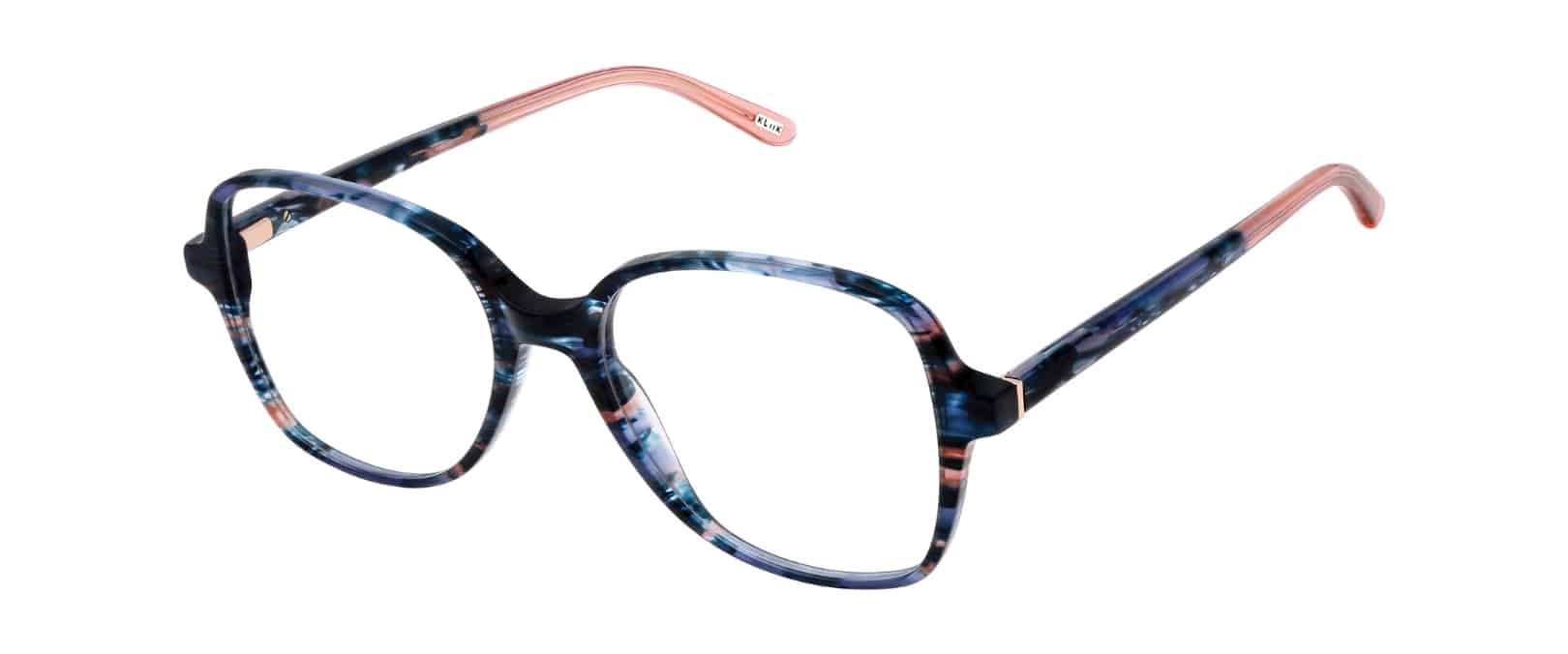AREDS Update
Wednesday, October 5 2022 | 08 h 14 min | Vision Science
A new report looking at 10 years of data, suggests that the AREDS2 formula is slightly more effective compared to the original AREDS formulation.
The original Age-Related Eye Disease Studies (AREDS) demonstrated that dietary supplements can slow the progression of age-related macular degeneration (AMD) from moderate to late disease. However, other studies showed that individuals who smoked and took beta-carotene (which was a component of AREDS) had an increased risk of lung cancer. Therefore, a new formulation, AREDS2 that contained the antioxidants lutein and zeaxanthin instead of beta-carotene was tested. Five-year data from this study, published in 2013, showed that AREDS2 also reduced the risk of AMD progression and did not increase lung cancer risk.
In this new study published in JAMA Ophthalmology, researchers looked at longer-term data. This data showed that indeed the “new” AREDS2 formulation did not increase the risk of lung cancer. Interestingly, there was also a small (20%) reduced risk of progression to late AMD compared to individuals who started the study taking the original AREDS formulation. This study confirms that AREDS2 is safe for smokers or those at higher risk of lung cancer. It also suggests that taking AREDS2 may offer a small added benefit over taking AREDS.








